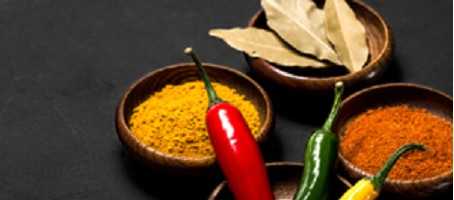A discovery with the potential to change the obesity epidemic has reportedly been discovered due to the benefits of the fiery chilli pepper.
Researchers at the University of Wyoming, United States identified the ingredient capsaicin in chilli peppers and tested its effect on mice.
When fed a high-fat diet, capsaicin prevented weight gain in the mice and enabled the mice to eat an unhealthy diet consisting of high fatty foods. Capsaicin was not found to be addictive factor in the mice eating a high-fat diet.
Obesity epidemic
One third of the world’s population is currently overweight or obese, according to estimates from the World Health Organisation. This discovery is seen as potential breakthrough in preventing and managing conditions such as type 2 diabetes, high blood pressure and cardiovascular diseases, which can be caused by obesity.
The researchers believe capsaicin turns unhealthy white fat into brown fat through thermogenics – heat produced when fat is burned – and could manage obesity if this can occur in humans.
“The main goal of our work is to expand the knowledge of the mechanism by which capsaicin antagonizes obesity, as well as to advance the proof of principle of the anti-obesity potential of dietary capsaici,” said researchers at Baskaran Thyagarajan’s laboratory at the University of Wyoming’s School of Pharmacy.
Human clinical trials will be on the minds of the researchers, who added: “We envision a nanoparticle-based sustained-release formulation of capsaici, which is currently under development in our laboratory.
“In turn, this will advance a novel dietary supplement-based approach to prevent and treat one of the life-threatening diseases, obesity and its associated complications in humans.”
What's new on the forum? ⭐️
Get our free newsletters
Stay up to date with the latest news, research and breakthroughs.




